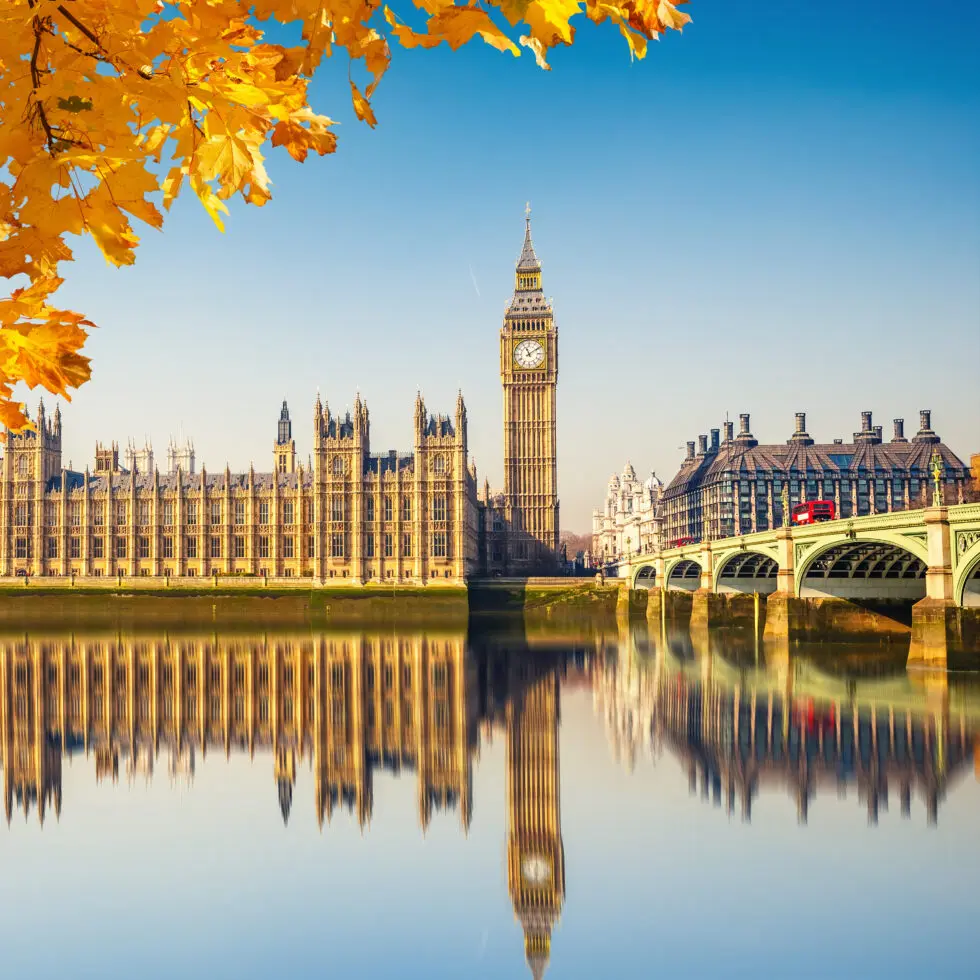The Chancellor insists that “taking difficult decisions now” will deliver stability in the long term, whilst also being “compassionate” to the most vulnerable in society. But these difficult decisions might lead to some difficult conversations to get the backbenches on board. Here are our top five takeaways from yesterday’s Autumn Statement:
- The party of low-tax no longer
This Statement was a stark contrast to the plan set out by Kwasi Kwarteng in September, with tax cuts replaced by rises and freezes. The most eye-catching was the decision to lower the threshold for paying the additional 45% rate of income tax – one that was going to be scrapped altogether until Hunt became Chancellor – from £150,000 per year to £125,140, which was designed to demonstrate that those with the broadest shoulders take on more of the burden for filling the budget black hole.
But for lower earners – those who will be struggling to make ends meet anyway – there is little joy on tax. Having had the basic rate reduction snatched away from them before it even started, the bad news for low-earners is that the six-year freeze on income tax will drag 3.2million into paying basic rate and 2.6million into paying higher rate. And to add insult to injury, the real terms value of the personal allowance will only be worth what it was in 2013-14. The squeeze will only get tighter.
There will inevitably be some backlash on the Tory benches about the tax changes – see below for more on that – which has already been seen on fuel duty. Following the Statement the Chancellor has had to calm concerns that fuel duty will rise next year for the first time since 2011, as predicted by the OBR. Expect the long-term lobbying from backbench Tory MPs to continue on that in the run up to the Spring Budget.
- The drive to net zero is still there, but don’t expect special treatment
To encourage a transition to greener and lower carbon energy and vehicles, there have been exemptions from certain taxes – such as Vehicle Excise Duty (VED) and exemptions from the windfall taxes. No longer. From 2025 electric vehicles will no longer be exempt from VED, removing one of the main incentives to switch to an EV. Clearly this exemption had to be temporary but at a time where people are having to make difficult decisions with their finances, and the higher prices of EVs anyway, this could inadvertently slow down their uptake.
Windfall taxes have been a bone of contention for the Conservatives, but clearly they can generate significant income for the Treasury. The existing oil and gas windfall tax will increase to 35% until 2028, but significantly a new 45% windfall tax will be put on the low carbon electricity generation sector. Once again this represents an odd move from the Government – encouraging a low carbon energy transition relies on incentives to grow and the fact that the low carbon generation windfall tax is higher than the one for fossil fuels seems counterintuitive.
- The energy crisis isn’t going anywhere
Arguably the biggest challenge facing the Government and wider economy is the energy bills crisis. For all the troubles of the Truss Government, the Energy Price Guarantee was a positive legacy but one that is wildly expensive and can’t continue forever at this rate of spending. The Guarantee will continue, but at a lower rate of support – with the typical annual bills now set to be £3,000 per year rather than £2,500. Taken alongside the freeze on tax bands and the personal allowance and the rising inflation on food, household budgets will be tighter than ever.
Targeted support for business energy bills will be offered after the current package expires in March 2023, while additional support such as business rate reliefs will also be extended to support businesses with their rising bills. Clearly the Government expects, with the economy in recession, that it will have to go all out to protect businesses and jobs over the coming years.
- Social care remains a challenge for tomorrow
Since it emerged that 40% of government day-to-day spending goes on the health service, the UK has often been described as “a health service with a country attached to it”. Of course, Covid has significantly increased the pressure but with every annual increase in funding for the health service comes concerns that something needs to be done to avoid it becoming a bottomless pit.
Adult social care reform has been ‘a priority’ for every Government since records began but one gets the impression that it’s an issue no one really wants to tackle. After Boris Johnson promised to finally solve the challenge, it has once again been kicked into the long-grass and while there will be significantly more funding for adult social care – the biggest increase ever – the changes to funding have been delayed again. Like many of the difficult decisions, one wonders if the Government are simply hoping that it’ll be Labour’s problem in a couple of years rather than having to sort it themselves.
- Infrastructure remains central to levelling-up
Infrastructure spending is often the first thing to be cut when savings are needed, but clearly there is an understanding that without it you cannot achieve levelling up and economic growth. So, the much-delayed and controversial HS2 will continue to be delivered, alongside Northern Powerhouse Rail and East to West Rail – all of which are central elements of the growth agenda in the Midlands and North of England.
Expect there to be some backlash on this: Esther McVey, previously Jeremy Hunt’s ‘running mate’ as part of his leadership bid in the summer, said at PMQs on Wednesday that “If the Government has got enough money to proceed with HS2 at any cost then it has sufficient money not to raise taxes. If it has so little money it has to increase taxes then it doesn’t have sufficient money for HS2” and that she wouldn’t support both. Persuading those tax-sceptic, HS2 hating Tory backbenchers to support both proposals will be a big challenge for the Whips office in the next few weeks.
Want to know more about how the Autumn Statement might impact your business? Contact David Button




